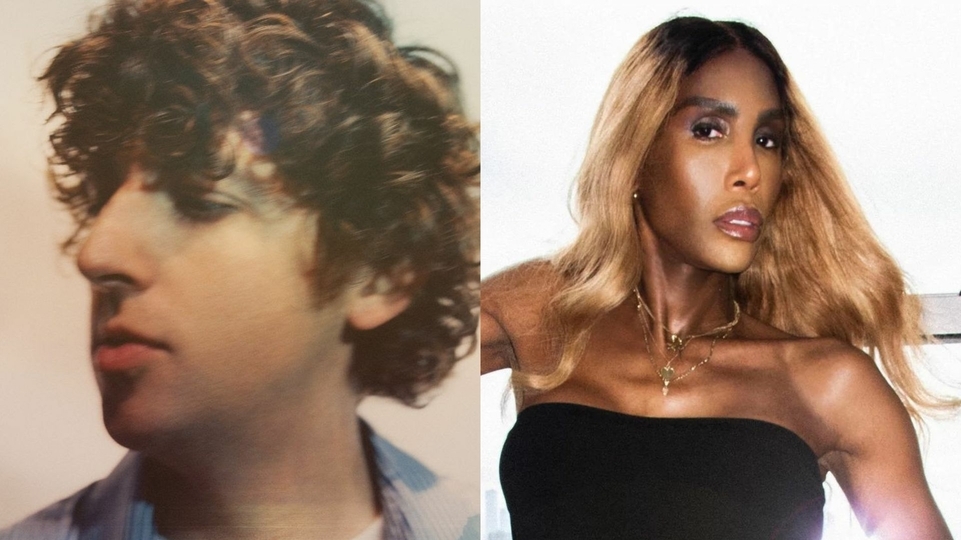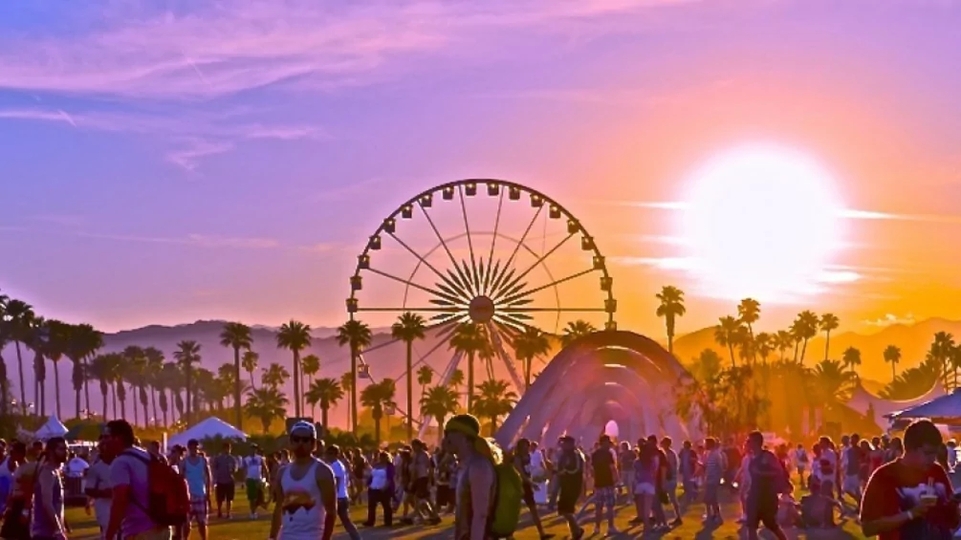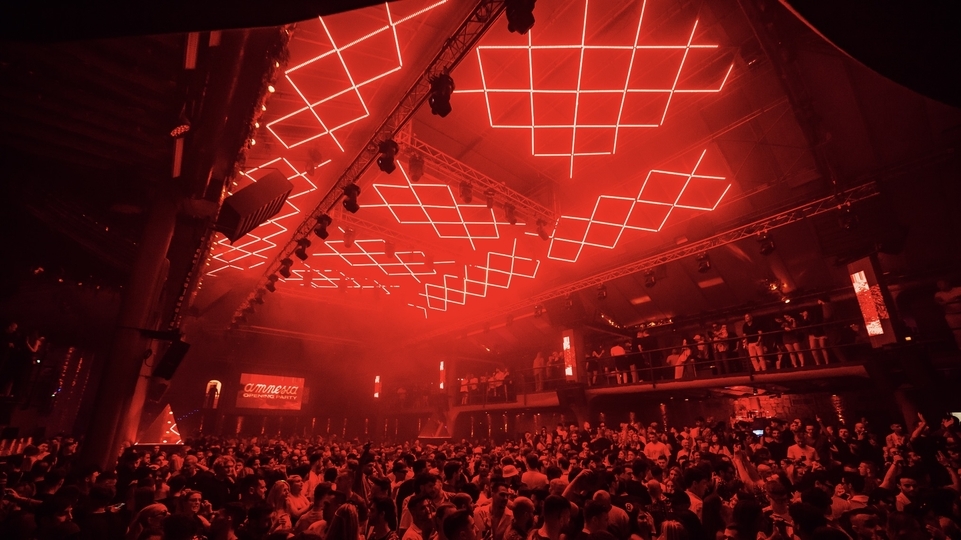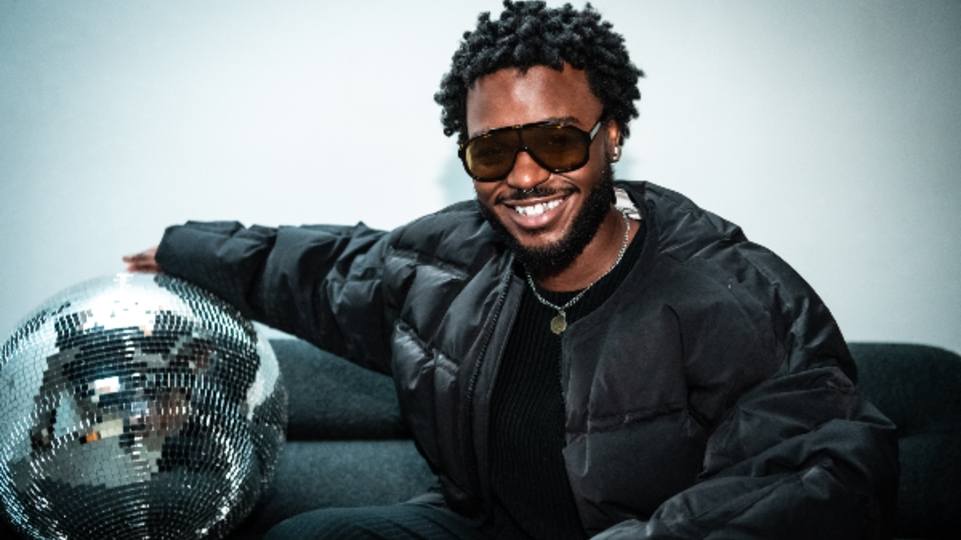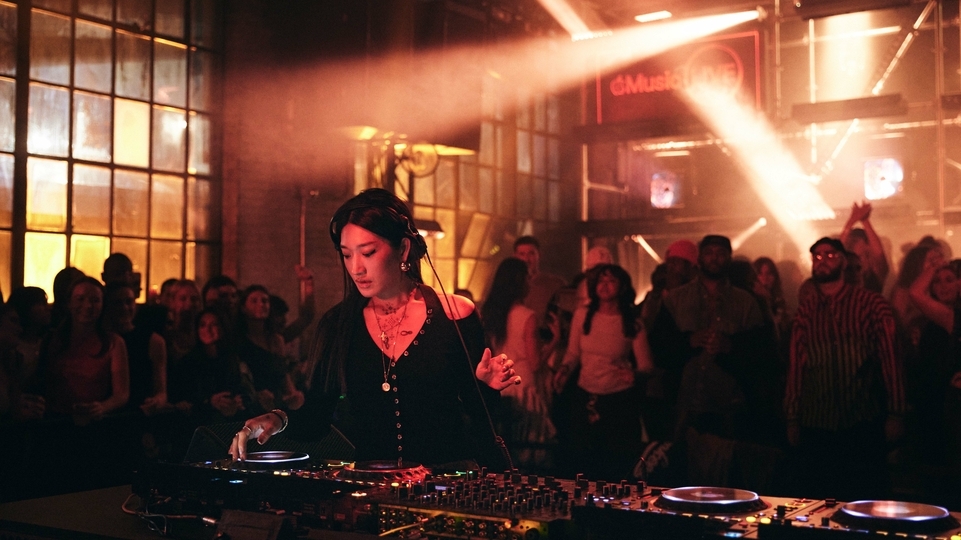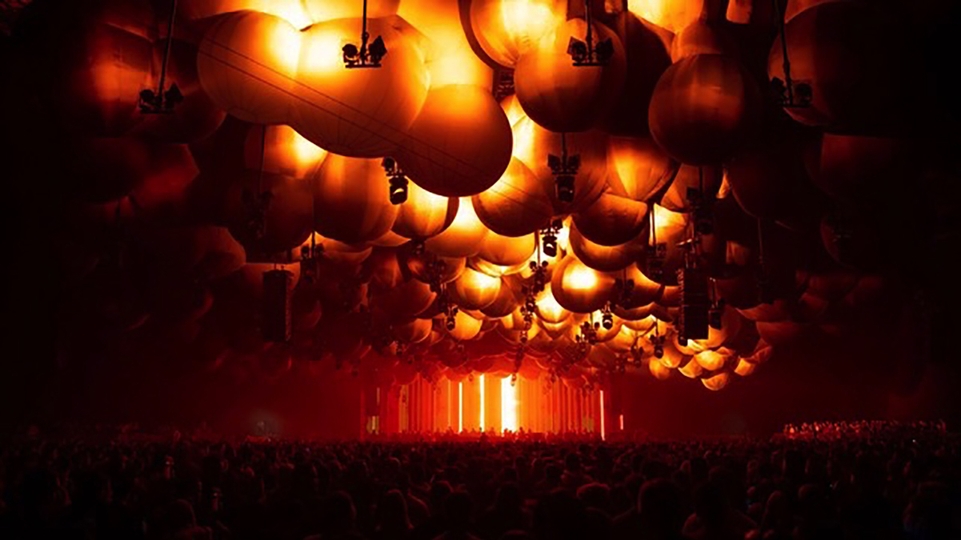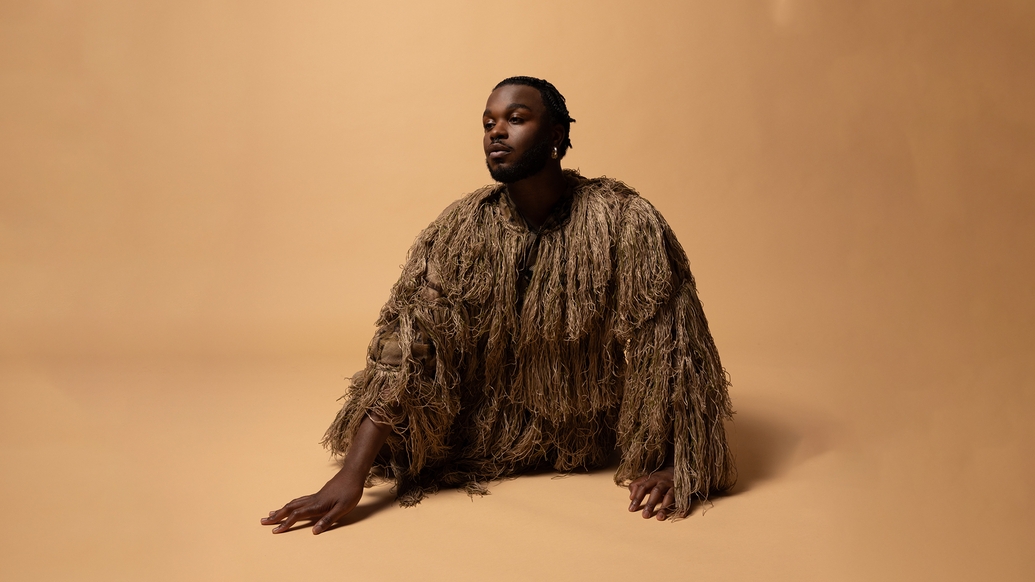
Cakes Da Killa: in full flow
Cakes Da Killa’s sound is always evolving — and his new LP, the jazz-kissed ‘Black Sheep’, is the latest step in the NYC-based rapper’s musical maturation. Produced alongside his longtime collaborator Sam Katz, it might be his best yet. Bruce Tantum learns more
Rashard Bradshaw has always had a thing for the power and the beauty of words. “I loved reading and I loved poetry, just poetry in general,” he says. But it wasn’t until he discovered the cultural and intellectual period known as the Harlem Renaissance — particularly figures like Richard Bruce Nugent and Countee Cullen, key members of a transformative movement that valued freedom (in both aesthetics and life) and Black modernism — that the love was solidified.
“That’s when poetry kind of felt familiar, or that I could relate to it, because these are people that actually look like me. It was my experience so it didn’t feel so foreign, and I guess it also made poetry feel like something that I could do, because poetry to me seemed so difficult.”
Since the release of his 2011 debut EP ‘Easy Bake Oven’, through his 2014 breakthrough mixtapes ‘Hunger Pangs’ and ‘The Eulogy’, to the 2022 long-player ‘Svengali’, he’s been putting that discovery to good use. As Cakes Da Killa — simply Cakes to his friends — he’s been using his love of verbiage to create some of the boldest, rudest, and most impactful club-worthy rap around. His latest, the jazz-spattered ‘Black Sheep’, made with his long-time collaborator Sam Katz and featuring collaborations with Dawn Richard, Atlanta musical polymath Wuhryn Dumas, and vocalist STOUT, is no exception. It might be his most refined work to date (relatively speaking, that is); it also might be his strongest.
Like most of his work, Bradshaw’s lyrical content is a potent mix of the carnal and the consequential. At times, that dichotomy is to the point, as on album opener ‘It’s A Luv Thang’: “Pump up the bass, fat bass when ya booming / shake ya body this an underground movement / blow me a shootie if you tryna make me lose it / techno, dance and house is Black music.” Elsewhere, the lyrics are pure hip-hop braggadocio, like on ‘Cakewalk’: ‘Who you know flow sharper than a switchblade / misdemeanor, stack figures for a rainy day / getting to the coins bet I stay paid.” It’s richly penned throughout, with a confident rapid-fire delivery that’s...
Bradshaw completes the thought — “Wordy?” — with a laugh. “But writing comes easy to me. It’s definitely a flow thing, depending on what I want to say, not anything that I feel I have to work out or like wrack my brain. If it feels like doing math or trying to do my taxes when I’m trying to write something, and it’s not coming effortlessly, I know that I’m going in the wrong direction, or I’m wasting my time.”
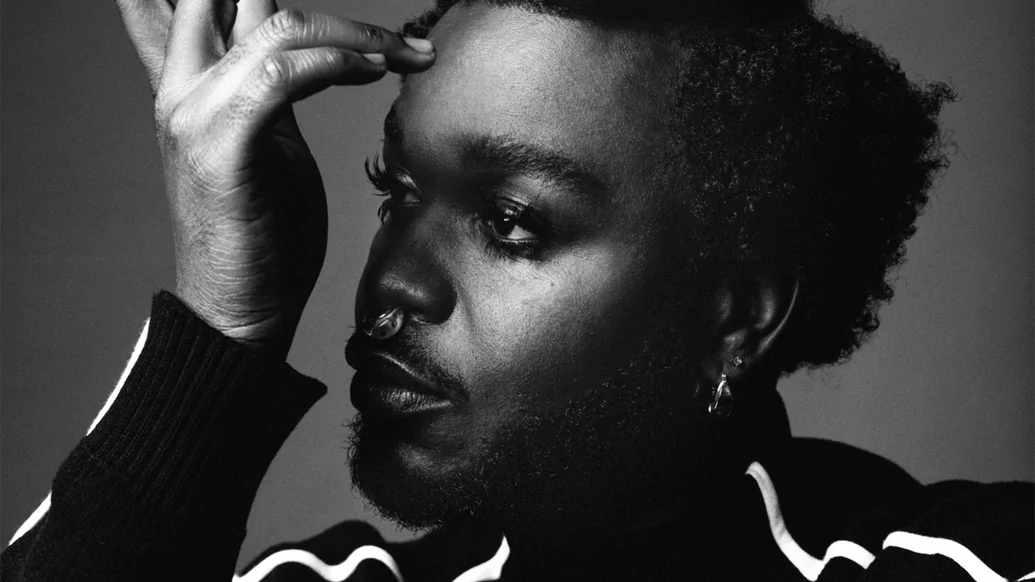
“I started combining other genres that I listened to, like house music and electronic music — and then my own voice started coming out, as opposed to the music feeling like this is what a rap record should sound like.”
Bradshaw grew up in Teaneck, New Jersey, about 20 miles northwest of New York City — but by the time of those 2014 mixtapes, the siren call of the clubbing scene had led him to make the move to Brooklyn. “When I came out on the scene, it was a very interesting time,” he recalls. “Brooklyn and Bushwick were just becoming gentrified. I mean, obviously New York has been Disneyland now for a while; she’s been over. But at that time, there was still a sense of underground because social media wasn’t so prevalent. There were all these underground clubs I could go to, and it just felt a little more insulated, because we all weren’t so social-media obsessed then. I think that made it a little more special.”
For someone still relatively new to the rap game, a release like ‘The Eulogy’ felt like a remarkably confident, fully-formed set of club-ready music, energetic in beats, lyrics, and delivery. “In the beginning, there were prototypes that I wanted to emulate in a way, people like Jadakiss, people like Cam’ron, people like Foxy Brown, Lil’ Kim, and Remy Ma,” he says. “That’s why a lot of my older work has a sort of aggression to it, because that’s kind of what rap was to me. But I started combining other genres that I listened to, like house music and electronic music — and then my own voice started coming out, as opposed to the music feeling like this is what a rap record should sound like.”
‘Hunger Pangs’ and particularly ‘The Eulogy’ received rave reviews, but they were also outliers within the hip-hop universe, thanks at least in part to the fact that here was an openly gay artist, with lyrics to match, working in a musical milieu that was resolutely straight, at least on the surface. Bradshaw found himself lumped in with the few other out artists working within hip-hop, people like Mykki Blanco and Le1f. Bradshaw didn’t seem to much mind being pigeonholed as such — but there also seemed be the hint of a pushback at being thought of as a “gay rapper” rather than a rapper who happened to be gay. Listen to his 2014 interview on Hot 97’s Ebro In The Morning show, for instance, as the befuddled host seems more fascinated by Bradshaw’s sexuality than by his actual music.
“A lot of people say that it’s a very awkward interview,” he says, “but I didn’t feel awkward when I did it. Those types of conversations would be conversations I would have with my cousins or my uncle, so for me, it wasn’t unfamiliar territory. And I think one of the things that a lot of people in the younger generation don’t realise is that those conversations are what kind of made your generation be able to have some freedom now. That’s just the facts. It just didn’t happen like this. But for me, I didn’t care. I was just like, what?” he adds with a laugh.
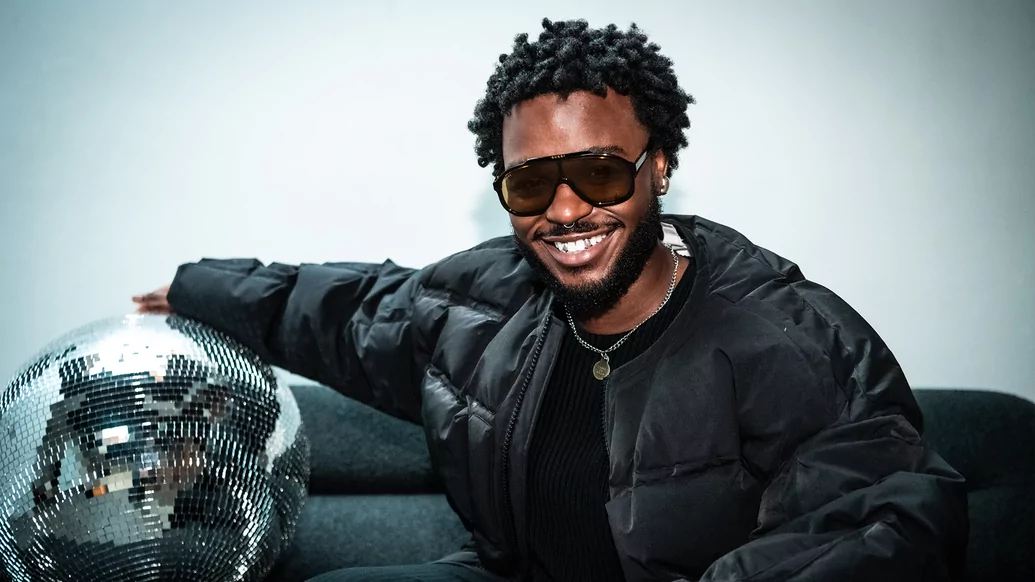
Still, at the time, his queerness made Bradshaw’s path different than it might have been otherwise. “Obviously there were queer rappers before me, but they weren’t so visible in the media in the way that me and my peers were — so for me, there wasn’t a real pathway to make it a career,” he explains. “I think the moment I knew it could be a career was when I got a big check, and the check said ‘Cakes Da Killa’ on it. I couldn’t cash it, because Cakes Da Killa doesn’t have a bank account, but that was when I was like, ‘Oh, this could be a thing. Okay, cool.’”
Bradshaw hasn’t stopped making music since those days, and except for pandemic time, he’s been constantly on the move with a packed live schedule — since the release of ‘Svengali’, he’s played the likes of Glastonbury, Sónar, and WHOLE, among many other major-league festivals. As you would expect of any ambitious artist, his sound hasn’t remained static either. Both his words and delivery still retain an energetic edge, yet feel more relaxed and assured, as if he’s fully secure with his place in his chosen world.
“I mean, yeah, I’m known for popping shit on records,” Bradshaw admits. “I don’t really do that intentionally — that’s just my braggadocio attitude. But I wanted the album to be like a film that I’ve watched called Paprika,” he adds, referencing a 2006 anime that largely takes place in the world of dreams. “I wanted to take the listener into my mind and address some things that I don’t like and that I do like. I’m happy that people do hear that growth because, as a songwriter, I definitely want to get better with each release. But it’s not any pressure I put on myself — I just try to be as honest as I can with my music.”
The beats have undergone an evolution as well. There were hints of jazz motifs in his previous output, most noticeably ‘Svengali’ — but while ‘Black Sheep’ still feels like a club record, the jazz influences are front and centre. “Sam and I have that taste where we can listen to a Sun Ra record... and then we could also listen to a Honey Dijon record,” Bradshaw says. “That’s why I keep him close — when we are locked in, we do have that synergy, and we can do things that feel very natural to us. He’ll have no problem to be like, ‘I’m going to put a little trumpet break here,’ and I’m not going to be like, ‘Oh, that’s not cool, that’s not hip-hop.’ It’s more like, ‘That’s fly.’”
Cakes spoke with DJ Mag in early March; ‘Black Sheep’ wouldn’t be released for another two weeks. He’s not exactly the type to give himself a well-deserved break, though. “No rest for the wicked,” he says. “The first leg of the tour starts in three days, and then I'm going to be going to Australia and Asia for the rest of the month. And then I’ll have my first North American tour in, I think, six years — that’ll be in June.” Meanwhile, the outlines of a follow-up to ‘Black Sheep’ are already taking shape as well.
“I’m already on it,” he says. “A bitch always gotta work, you know? And I like working. I’m always down to do writing, to do collaborations, to do whatever — because that is what I do. Even with downtime, I’m like, ‘I need to do something.’ I mean, I don’t have too many more years in me of doing this, you know?” It’s a safe bet that he’s wrong about that. Cakes Da Killa is only 33 years old — if he keeps putting out material half as good as ‘Black Sheep’, he’s got a lifetime of music ahead of him.
